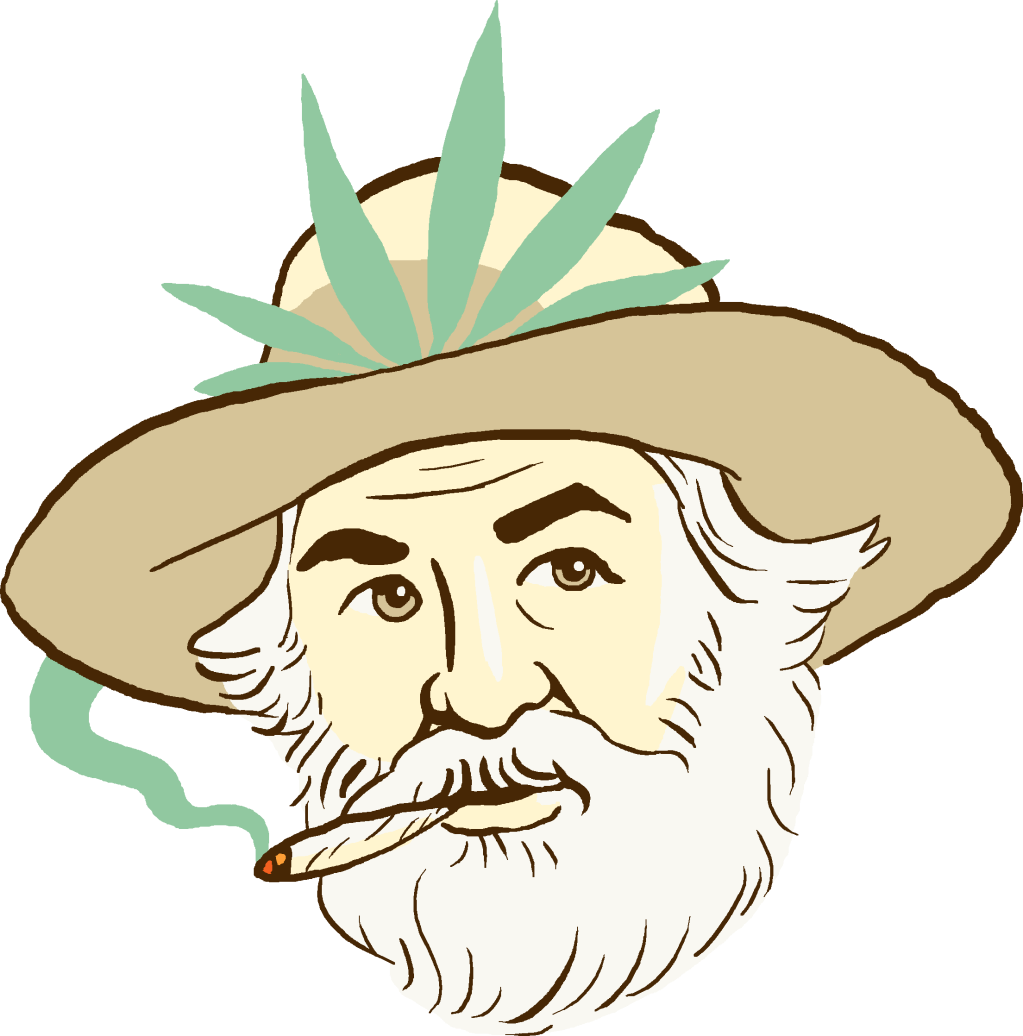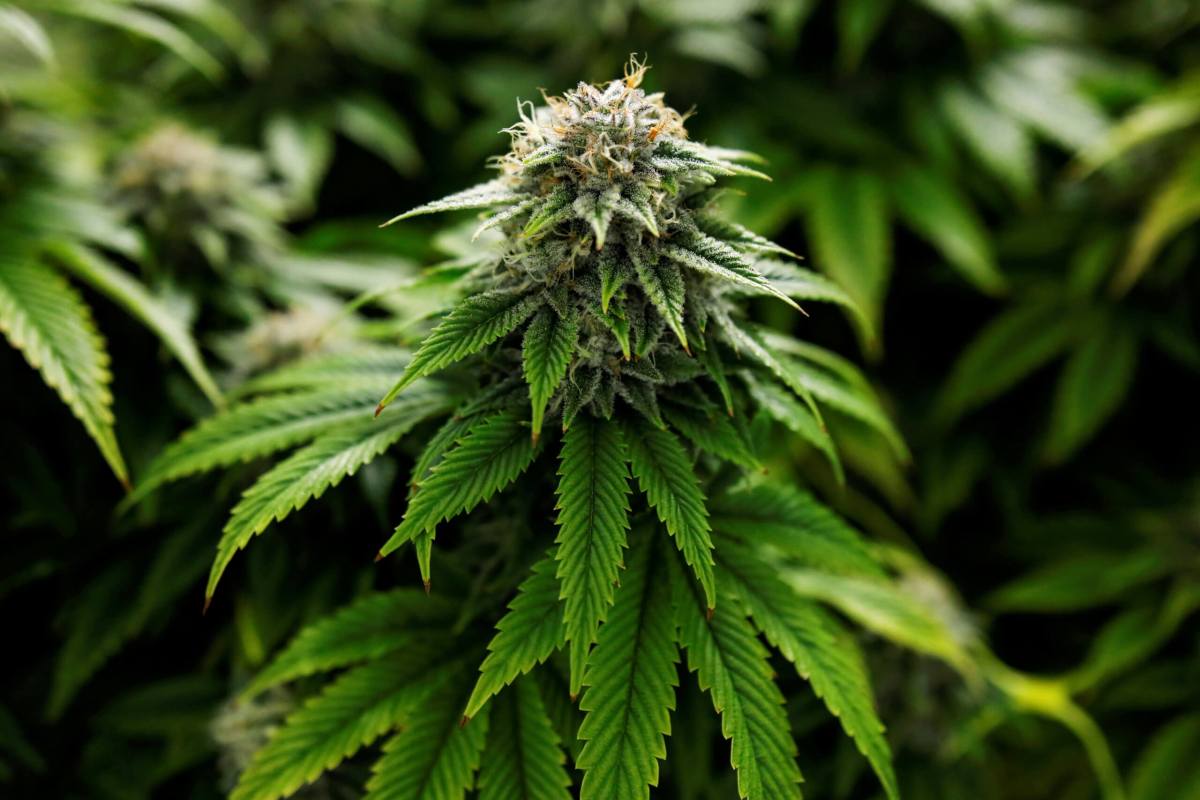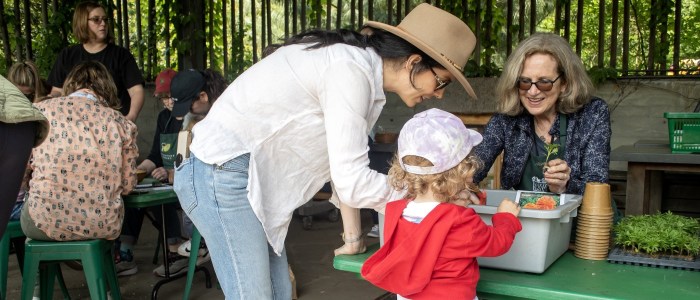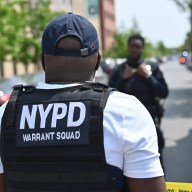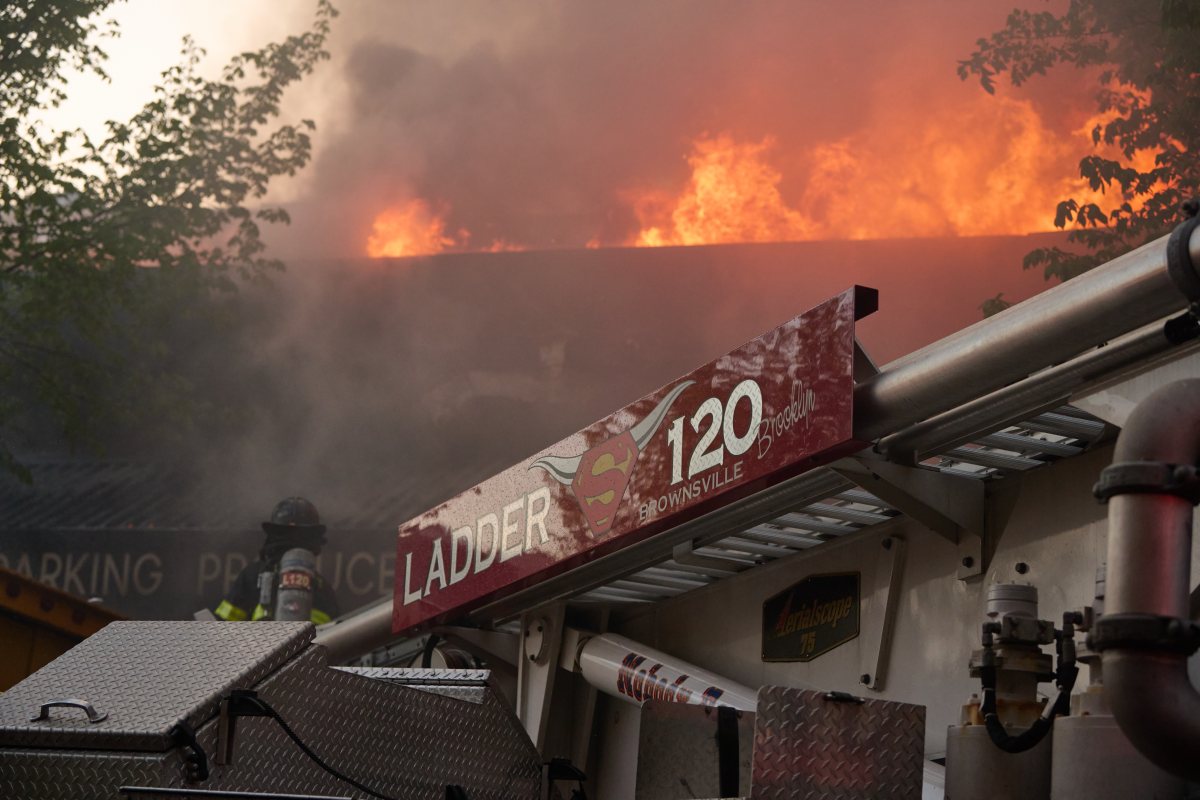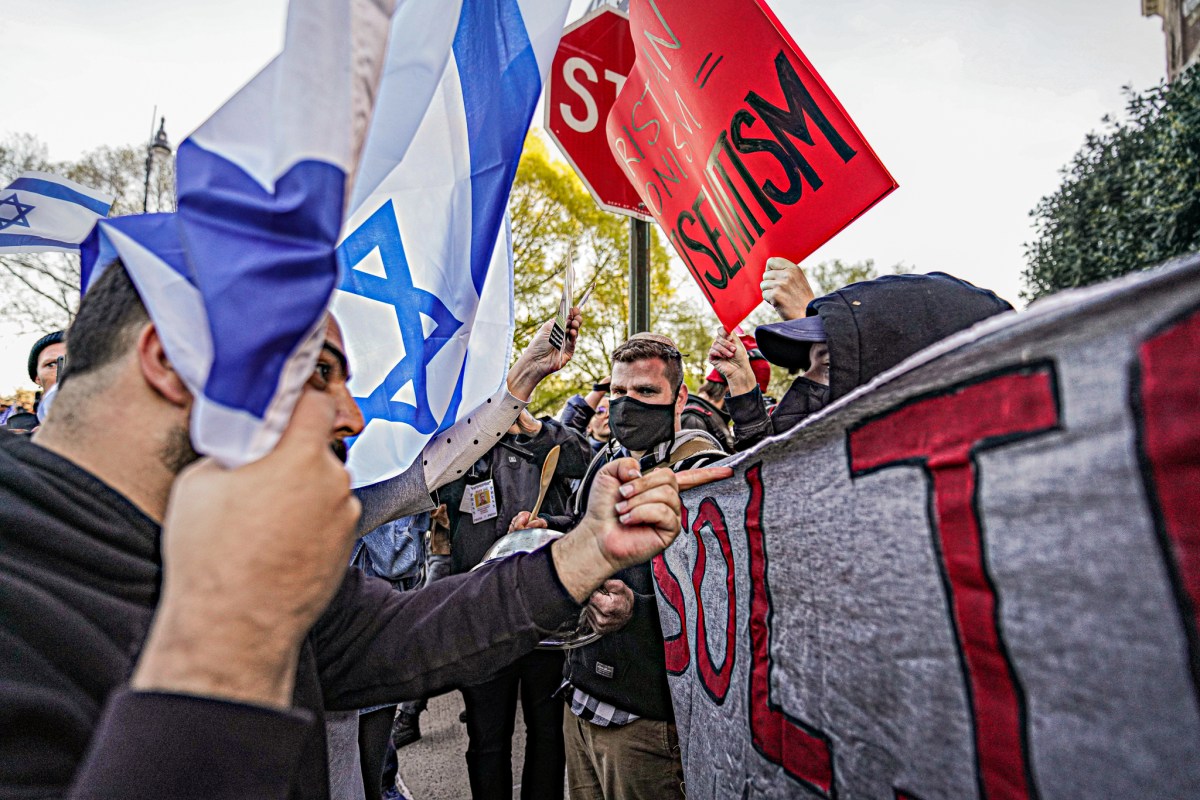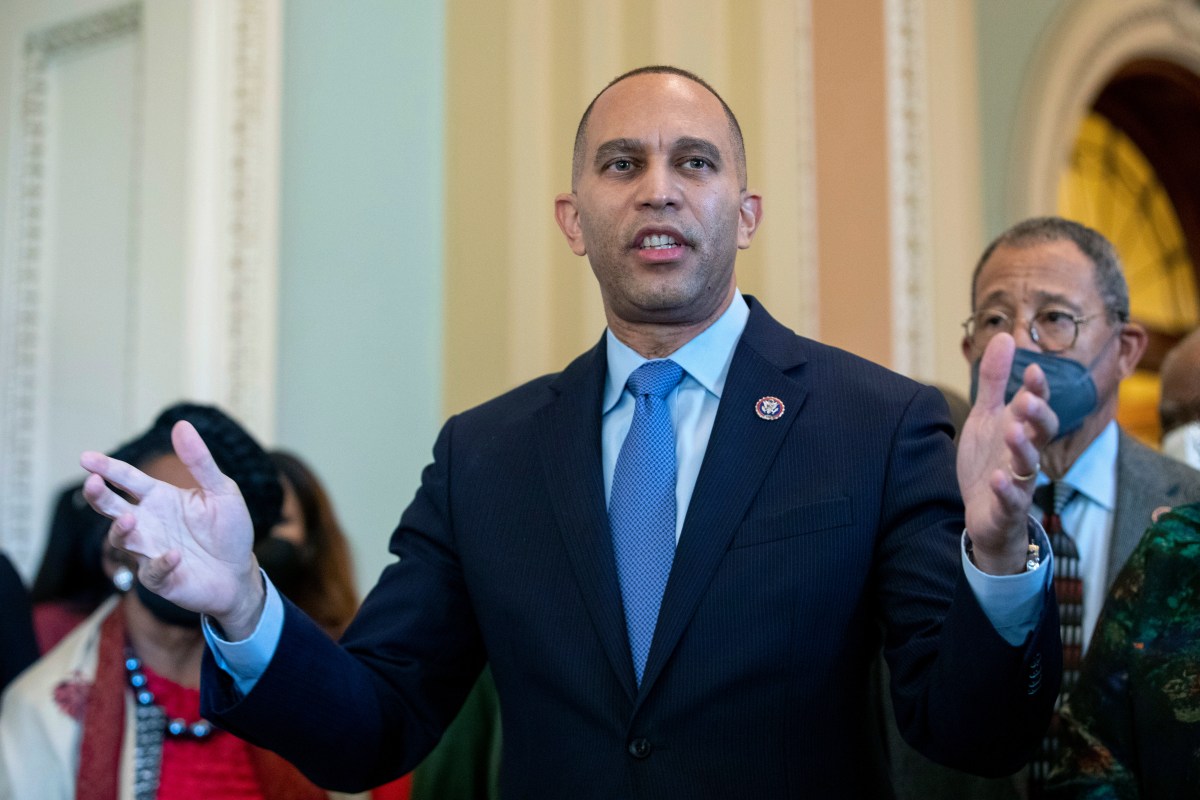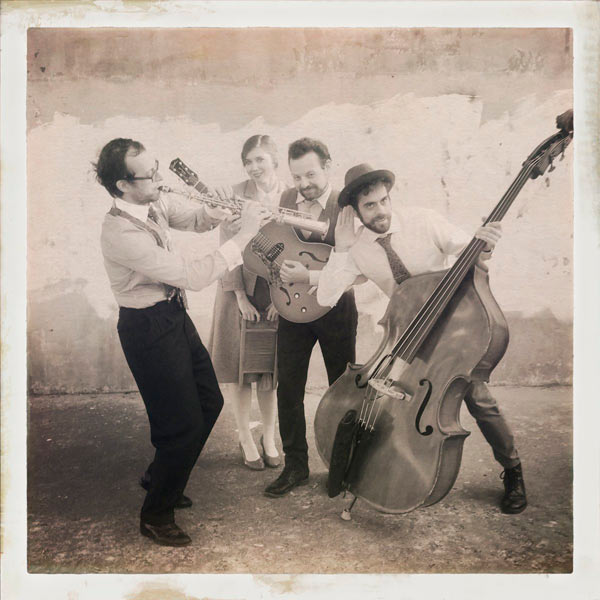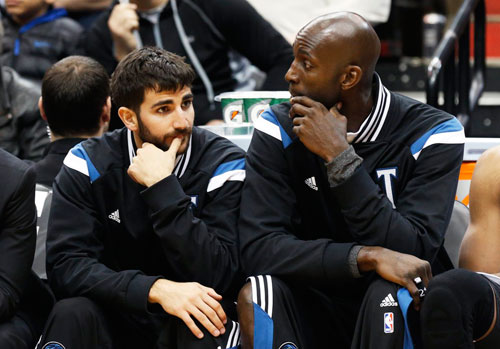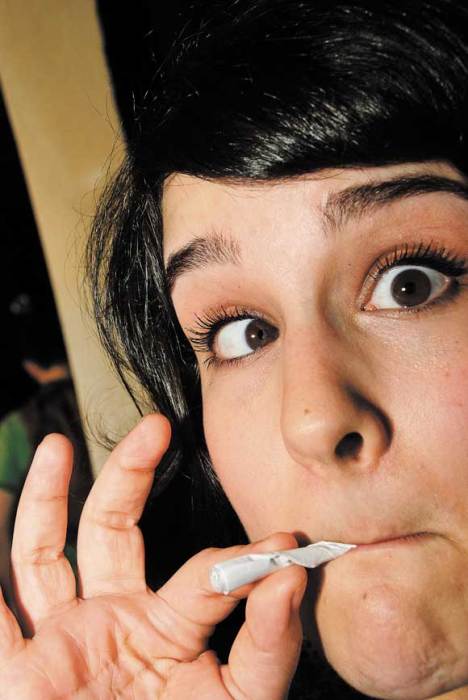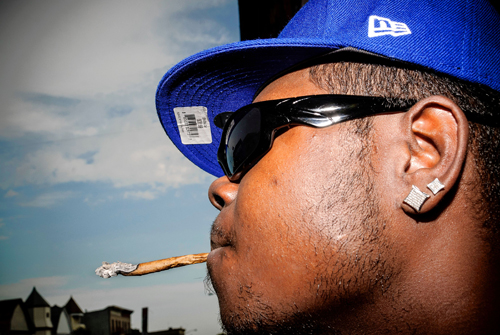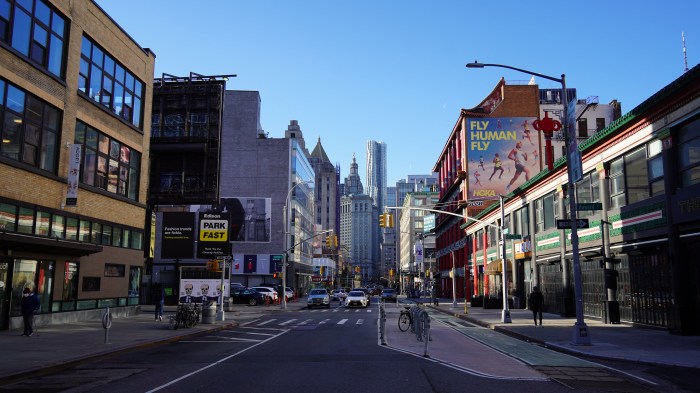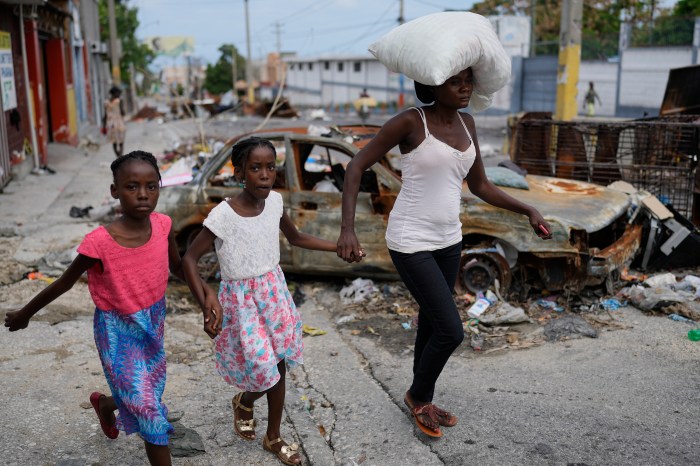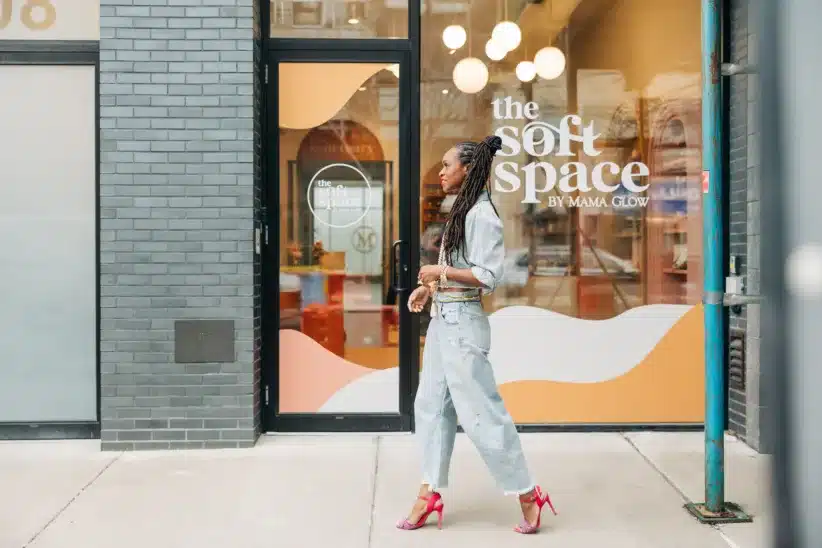All but four of Brooklyn’s state legislators voted in favor of legalizing the recreational use of marijuana, which Gov. Andrew Cuomo signed into law on Wednesday.
State Sen. Simcha Felder, who represents Borough Park and formerly caucused with the Republican-aligned Independent Democratic Conference, was the lone Brooklyn dissenter in the legislature’s upper chamber.
In the Assembly, Bensonhurst Democrat William Colton, Borough Park Democrat Simcha Eichenstein and Republican Mike Tannousis, whose district covers a sliver of Bay Ridge, voted against legalization.
The bill passed the senate with support from previously weed-skeptical East New York representative Roxanne Persaud, who was one of the nine democratic state senators responsible for killing the state’s 2019 attempt to legalize it.
Persaud said her decision to vote for legalization was based on hours of conversation with constituents and advocates, and was largely based on the criminal justice implications the bill carried, which will impune the records of those previously arrested for marijuana offenses in the state.
“While I remain concerned about what legalization says to young people, there is no debating that Black and brown New Yorkers have long borne the brunt of a policy that other New Yorkers could disregard with impunity,” Persaud said in a statement.
The bill immediately legalized marijuana possession under three ounces in New York, and allows for a highly regulated and taxed market to emerge in the state as soon as April 2022. It also gives New Yorkers who are currently in jail or living with a criminal record the chance to petition for their dismissal or re-sentencing and have their records expunged.
In an effort to lift up the communities that have been harmed the most by the war on drugs, the legislation requires that 50 percent of all licenses to cannabis registered organizations go to “social equity applicants” with an emphasis on those coming from low-income communities, have a marijuana-related conviction, or are a minority or women-owned business.
East New York Assemblymember Charles Barron said during the Assembly hearing that he supported legalization because he felt it was a necessary step in the path to liberation.
“I don’t think we can use cannabis as a tool for our liberation,” he said. “But neither can we use jail for our liberation.”


